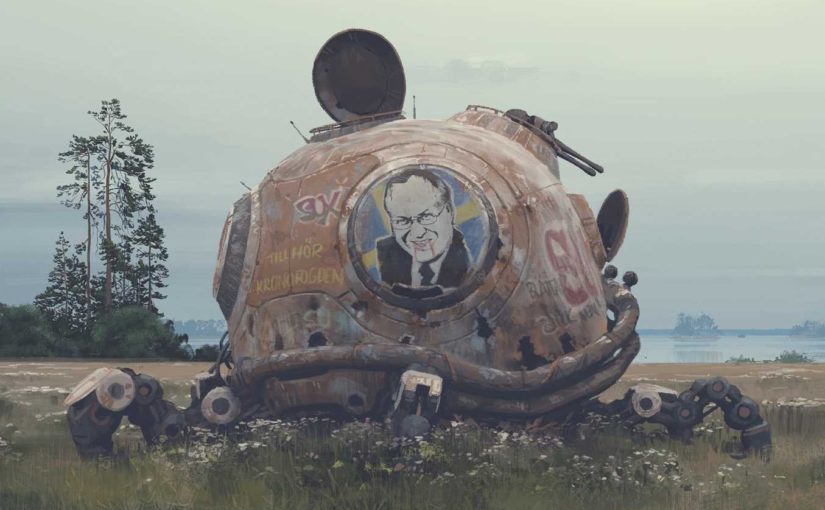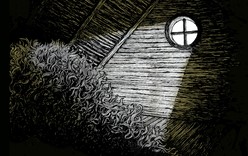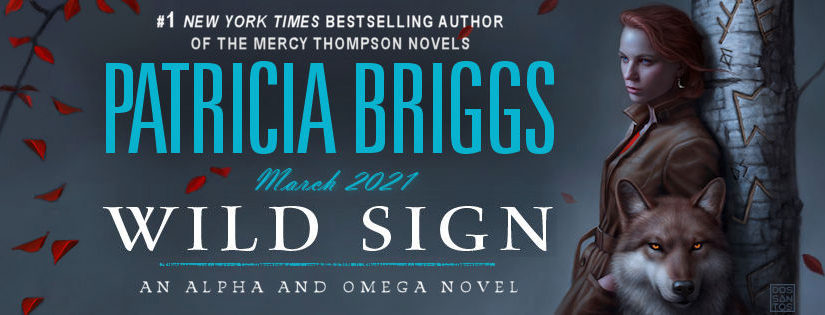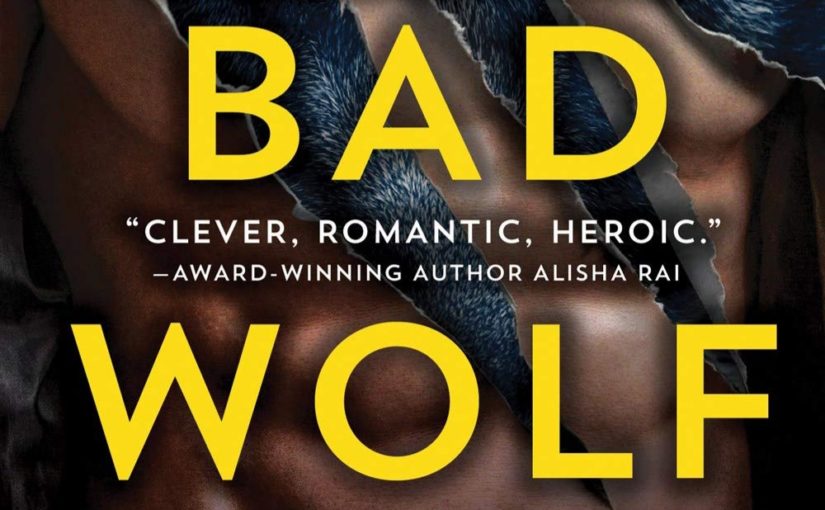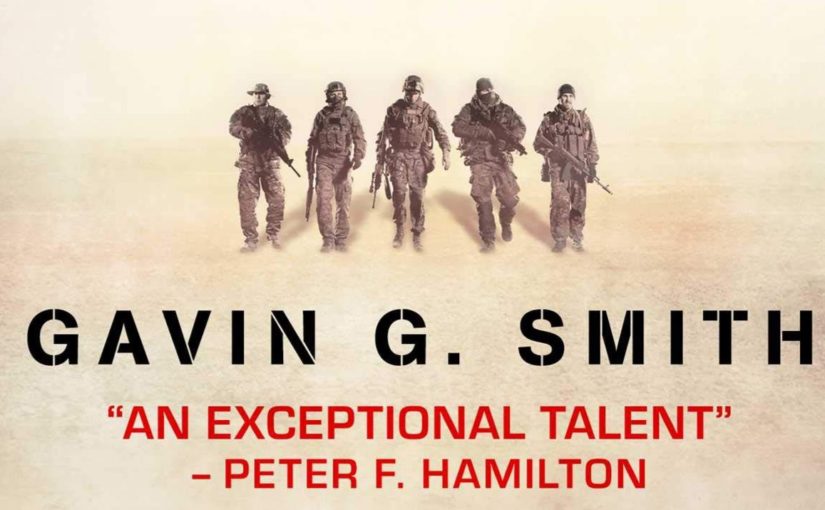I wish I could remember what exactly turned me onto the work of Simon Stålenhag, but when I did, I fell instantly and completely in love. I began with Tales from the Loop, the first in a loose trilogy, which is a lovely, grieving exploration of civic memory and imperfect nostalgia. The stories — more anecdotes really — are told in the vein of an oral history from the perspective of children who grew up around the titular Loop, a CERN-like installation on an island in Sweden. The text is interspersed with photorealistic painting of landscapes, often with something uncanny to skew the perspective: kids playing with a robot in a rye field, or a parking lot with an 80s Honda and a decaying industrial structure of some kind off in the distance. The technological marvels of the Loop are impossible for the reader to ignore, but to the kids in the stories, they’re just the backdrop of a childhood.
The stories are all ostensibly about the effects of the Loop’s occult science, but they include glancing details about the experience of childhood in ways that demonstrate the complexities of growing up. For example, there’s one story about a gadget that the speaker’s father brought home and what it did, but the anecdote opens with the father throwing his wedding ring into the yard due to a fight with his mother. It’s clear they eventually divorce. The emotional upheaval of living though one’s parents’ divorce ends up being submerged, a contrapuntal narrative that is just there, under the surface. Any story of one’s childhood carries this emotional substrate, a quantum foam of memory.
Tales from the Loop is shot through with nostalgia, but it’s not always a good nostalgia. This strange sense of bad nostalgia is the hook to Stålenhag’s work, for me. Nostalgia is often a perfecting emotion, stripping out the chaos and discomfort of one’s inchoate self and leaving a gauzy, indistinct sense of wonder. Stålenhag somehow somehow creates a reverie of childhood that captures both the awe and disquiet of growing up. And as the trilogy goes on, the disquiet deepens. By The Electric State, the sense of melancholy and grief is almost overwhelming, as our main character road trips across an apocalyptic America. (The less said about the execrable Netflix adaptation, the better.) Stålenhag’s books are beautiful and terrible, awesome and awful, in a quietly humane way.
Which brings me, somewhat long-windedly, to Sunset at Zero Point. Like Tales from the Loop or its darker sequel, Things from the Flood, the setting is a rural Swedish island community living in the strange gravity of cataclysmic scientific experimentation. Here, the test firing of a weapon prototype in the early 90s ended in almost Tunguska-level devastation. Something about the weapon rendered the affected landscape strange and often treacherous, and the area was sequestered into an exclusion zone. (Jeff VanderMeer’s Area X isn’t a bad analogy, though the vibes are different.) Also like Tales from the Loop trilogy, the perspective is from an adult looking back at their childhood.
But Sunset at Zero Point is considerably more intimate and personal. Both Tales from the Loop and Things from the Flood have almost collective narrators, as befits an oral history, and there’s no single narrative arc. (Which is probably why Tales from the Loop worked so well when adapted to an anthology series. I found that adaptation quietly lovely; it almost reverently recreated Stålenhag’s aesthetic.) The Electric State tightens its perspective to a pair of siblings, but the canvas is enormous, as is the cataclysm going on in the background. Sunset at Zero Point tightens the focus to two boys growing up together into young adults, but the story almost never leaves their hometown. It’s intimate in other ways: Sunset at Zero Point is a profoundly affecting queer coming of age and love story. I just about jumped out of my skin at that conclusion.
The narrative voice in Sunset at Zero Point is the form of second person that nonetheless has an I narrator: the now adult Linus addressing his childhood friend Valter. The perspective shifts from their adolescence to the now, and it’s sometimes all jumbled up, the way memories of someone you’ve known forever sometimes fuse and shift. Was this the time we went to the cabin and saw the northern lights, or the time when the spring peepers sang all night and kept us up? This puts the reader right in the middle of their relationship in so many ways, draws you in. The painting are quieter than some of his earlier works too; The Electric State, especially. You recognize the boys in most of them, something that is also unusual for Stålenhag’s landscapes. Typically his people are dwarfed by their surroundings, turned away so they’re almost faceless.
Now, I read an ARC, so I’m going to have to check against the published text — and I will be getting a paper copy the second it’s out — but there are two points in the story when the text gets all jumbled up, when events appear to happen out of order. The first time I encountered it, I assumed it was a formatting gaffe. You see this sometimes in advance copies, and you assume it’ll be cleaned up before the book goes to press. But the second time I encountered it, there had been some key exposition about the strange physics of the exclusion zone. Without getting too far into it, Valter describes the exclusion zone as a “non-Euclidean landscape”, a place where time and space have been fractured and out of joint. Straight lines don’t go straight; distance squiggles.
Which is what is happening in the recounting of those two moments: emotion bends memory on non-linear paths. Both moments are emotionally intense, key pivots in the boys’ relationship. By disordering the recounting of those events, Stålenhag forces the reader to go back and close read those moments over and over to understand what happened. This is fucking brilliant. You’re already deep in the relationship between the boys, and now, like Linus, you’re scrying the viscera of their relationship to put things into some kind of order, to make it make sense. This is just a perfect invocation of that sense of of spiraling that sometimes happens after emotionally devastating moments. If I can just put this in the right order, it’ll be alright.
I finished reading and floated around the house in a pleasant sense of ecstatic despair. I’ve felt this hard to define emotion after some of my favorite novels: The Age of Miracles by Karen Thompson Walker, The Mad Scientist’s Daughter by Cassandra Rose Clarke, or Composite Creatures by Caroline Hardaker. There’s something about stories of domestic upheaval foregrounded by intrusive technology that just utterly get to me. Sunset at Zero Point has everything that makes me freak out so hard about Stålenhag’s oeuvre: the lappingly memoirish sense of a place, of a community. But it’s so much more personal that his other works. I almost used the word smaller, but I think think that can have negative connotations. But it is smaller: the kind of intense relationship between two people that nevertheless encompasses the world.
I received a review copy from Netgalley and Saga Press. Sunset at Zero Point is out Dec 9, 2025.
